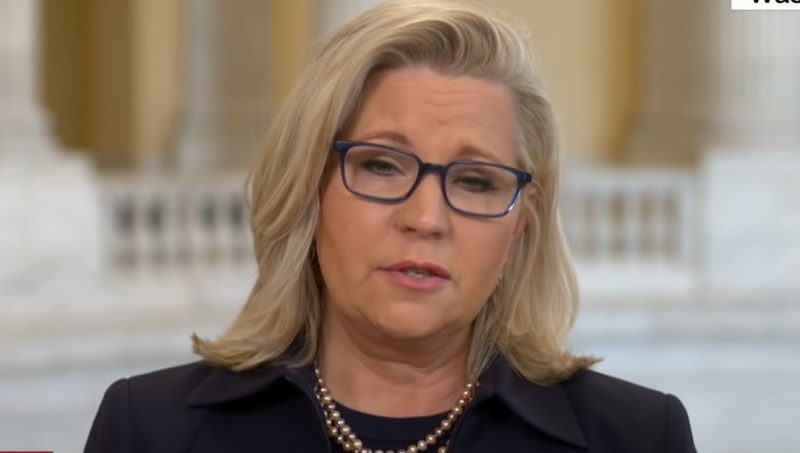
In a recent interview with Tucker Carlson, Donald Trump intensified his attacks on one of his most vocal Republican critics, former Congresswoman Liz Cheney. Trump suggested Cheney wouldn’t be such a “radical war hawk”
if she experienced combat firsthand, remarking that she might feel differently if she faced “guns trained on her face.” The comment, delivered with vivid and aggressive language, immediately drew criticism and escalated concerns about Trump’s increasingly violent rhetoric toward political adversaries.
A Pattern of Incendiary Language
Trump’s remarks, made to an audience that responded with cheers, have since become the latest in a string of inflammatory statements aimed at Cheney, who has openly campaigned against him and endorsed Democratic candidate Kamala Harris. Cheney has long been critical of Trump’s conduct, particularly around the January 6 Capitol riot, which she called a “violation of his oath.” In response to Trump’s latest remarks, Cheney fired back, describing his rhetoric as “the language of tyrants” and warning that such language endangers free nations. “They threaten those who speak against them with death. We cannot entrust our country and our freedom to a petty, vindictive, cruel, unstable man who wants to be a tyrant,” Cheney posted on X, formerly Twitter.
Kamala Harris Campaign Responds: “Dangerous Rhetoric”
The Harris campaign swiftly condemned Trump’s comments, labeling them “dangerous” and arguing that his tone underscores a pattern of authoritarianism that should alarm voters. Trump’s language toward Cheney has become particularly severe in the lead-up to the 2024 election, which sees him pitted against Harris in an increasingly polarized contest. Cheney, who voted with Trump during his presidency but became a vocal critic following his handling of the Capitol riot, has been actively campaigning with Harris in key swing states, aiming to sway disaffected Republican voters.
Trump’s campaign, however, defended his comments, with his press secretary Karoline Leavitt asserting that Trump was simply underscoring Cheney’s tendency to advocate for military engagements that others must endure. “Warmongers like Liz Cheney are very quick to start wars and send other Americans to fight them, rather than go into combat themselves,” Leavitt argued.
The Gendered Dimension: “Protect Women Whether They Like It or Not”
The Carlson interview also saw Trump reiterate his stance as a protector of American women, claiming he would “protect women whether they like it or not.” This remark, intended to underscore his vision of “traditional values,” has sparked backlash for its paternalistic tone, particularly among women’s rights advocates and progressive voters. Vice President Harris responded that the comment reflects a fundamental disregard for women’s autonomy, underscoring the chasm between the two candidates on gender issues.
Cheney’s Unwavering Critique of Trump’s Fitness for Office
Cheney’s pivot from staunch Trump supporter to outspoken critic underscores the broader schism in the GOP. Her endorsement of Harris is also significant; both Cheney and her father, former Vice President Dick Cheney, have publicly broken ranks with the GOP, citing Trump’s actions on January 6 as fundamentally disqualifying. Cheney, who represented Wyoming for three terms, has used her platform to warn Americans about the dangers of re-electing Trump, stating that his behavior demonstrates he “can never be trusted with power again.”
A Contentious Race Defined by Personal Attacks and Ideological Divides
With polls indicating a tight race between Trump and Harris, these comments highlight how personal attacks have become central to the 2024 election narrative. Trump’s depiction of himself as the “protector” of the nation resonates with his base, but it risks alienating moderate voters and widening the gender gap. Meanwhile, Cheney’s campaign efforts with Harris aim to appeal to Republicans who feel disillusioned by the GOP’s trajectory under Trump’s influence.
As Election Day approaches, voters face starkly different choices in Trump and Harris. Trump’s unrestrained language and Cheney’s warnings amplify the stakes of this election, presenting voters with a pivotal decision on the future direction of American leadership. The race, now marked by heightened rhetoric and ideological polarization, underscores the nation’s deep divides as both sides vie for the White House.
